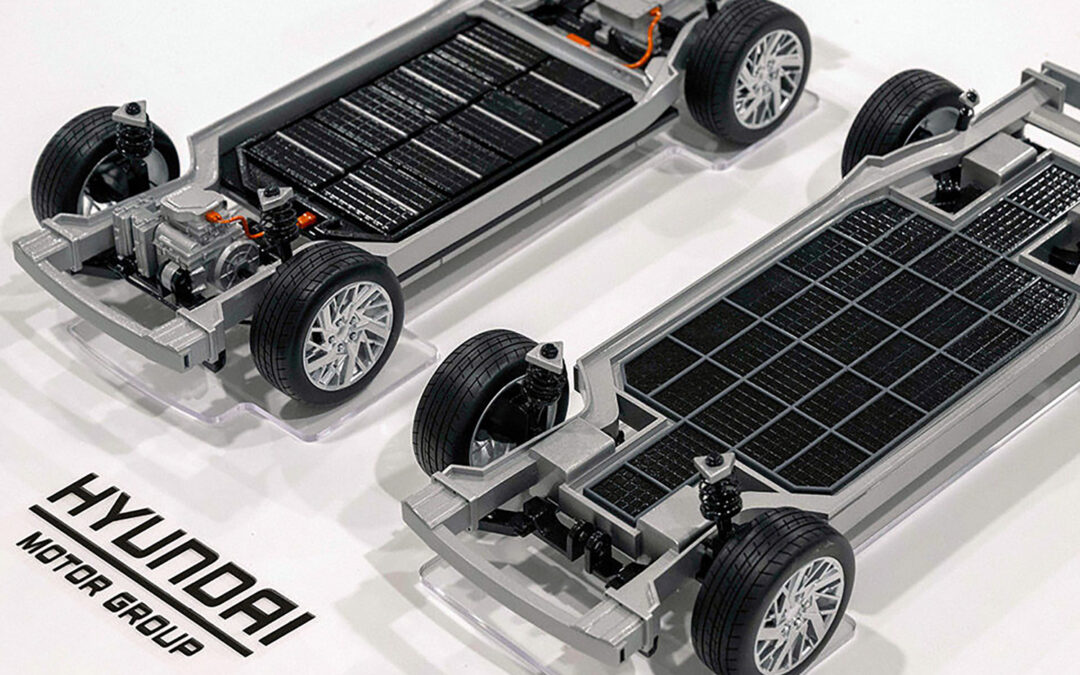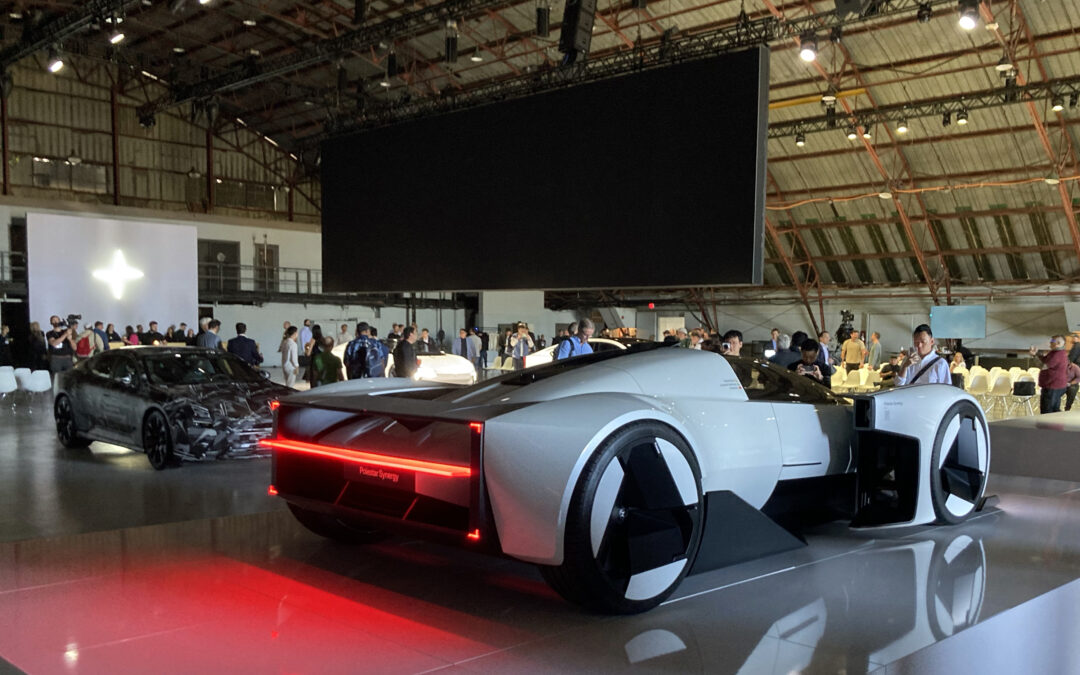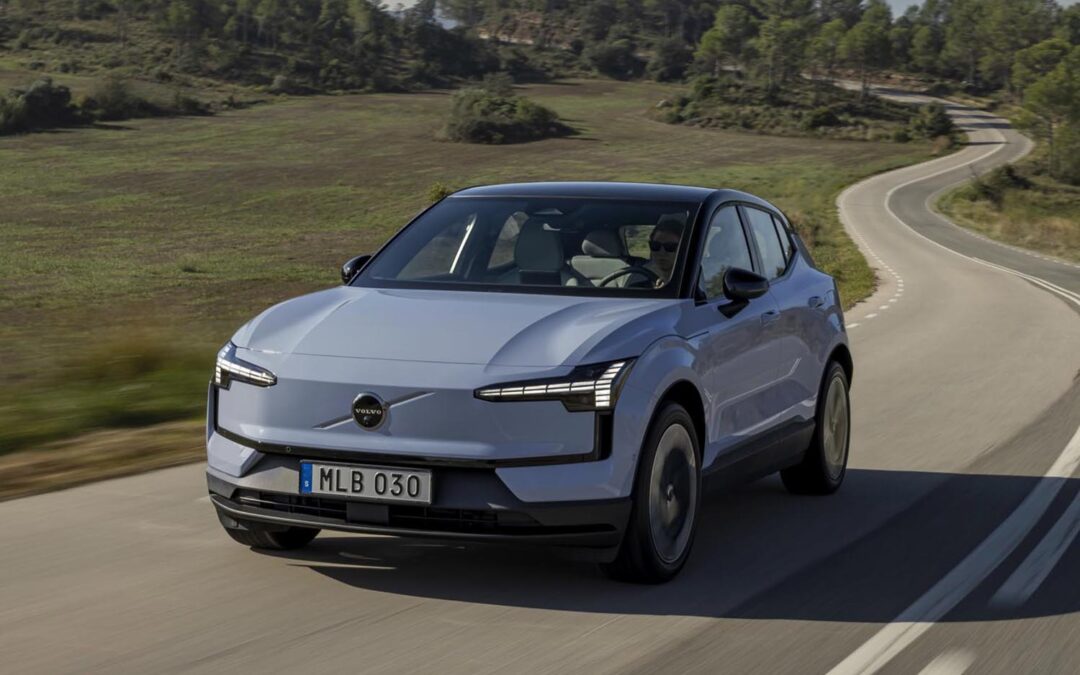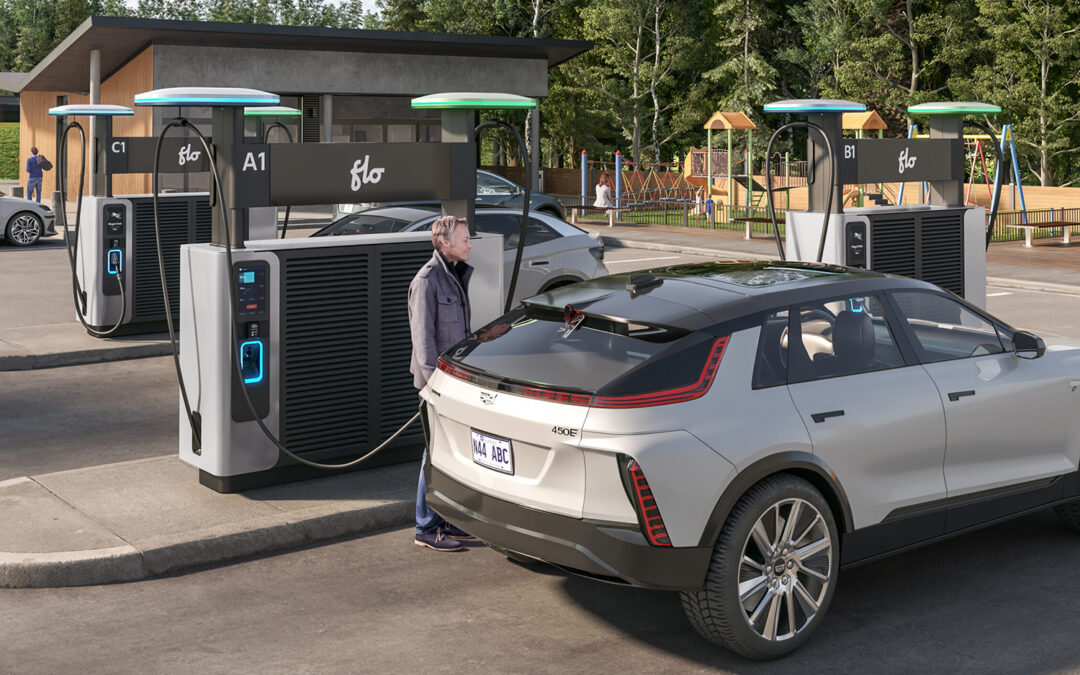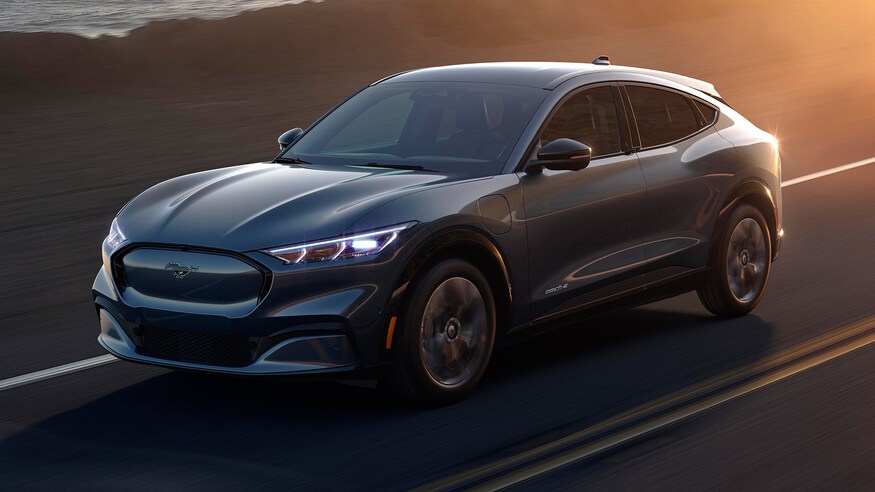The Biden administration has alluded to ambitious plans for the continued development of EV infrastructure; specifically, the creation of 500,000 charging stations for EVs across the country. These plans, if successful, stand to transform the U.S. automotive industry and pave the way to an electrified future. Now, the details of this plan have finally been released during a federal strategy update from Vice President Kamala Harris.
The “EV Charging Action Plan” calls for “establishment of a Joint Office of Energy and Transportation to coordinate work by the Department of Energy (DOE) and Department of Transportation (DOT) on charging infrastructure.” This new infrastructure will reportedly serve as a “one stop shop” for stakeholders and state and local officials to interface with the continued development of EV infrastructure across the nation.
Just last month, President Joe Biden signed a US$1 trillion infrastructure law which authorizes the proposed implementation of charging stations nationwide, and sets aside US$5 billion for states. The law also provides an additional US$2.5 billion for local grants, with the hopes of driving the development of charging stations in rural areas and otherwise under-served communities.
In a release issued by the White House, it was revealed that the DOT will provide guidance to states on charging-station placement no later than February 11, and will publish standards for charging equipment in the national network no later than May 13. These efforts should help to usher in a more “uniform approach” to EV charging initiatives. The EV Charging Action Plan also calls for investments in supply chains and factories to build more EVs and batteries in the U.S., in addition to point-of-sale rebates and tax incentives and other EV-friendly initiatives.
In a previous statement, the White House shared their vision for the future of the auto sector. “The future of transportation is electric. The electric car future is cleaner, more equitable, more affordable and an economic opportunity to support good-paying, union jobs.” Biden also established a goal of net-zero greenhouse gas emission by 2050, with electric cars and trucks accounting for half of new vehicles sold by 2030.

